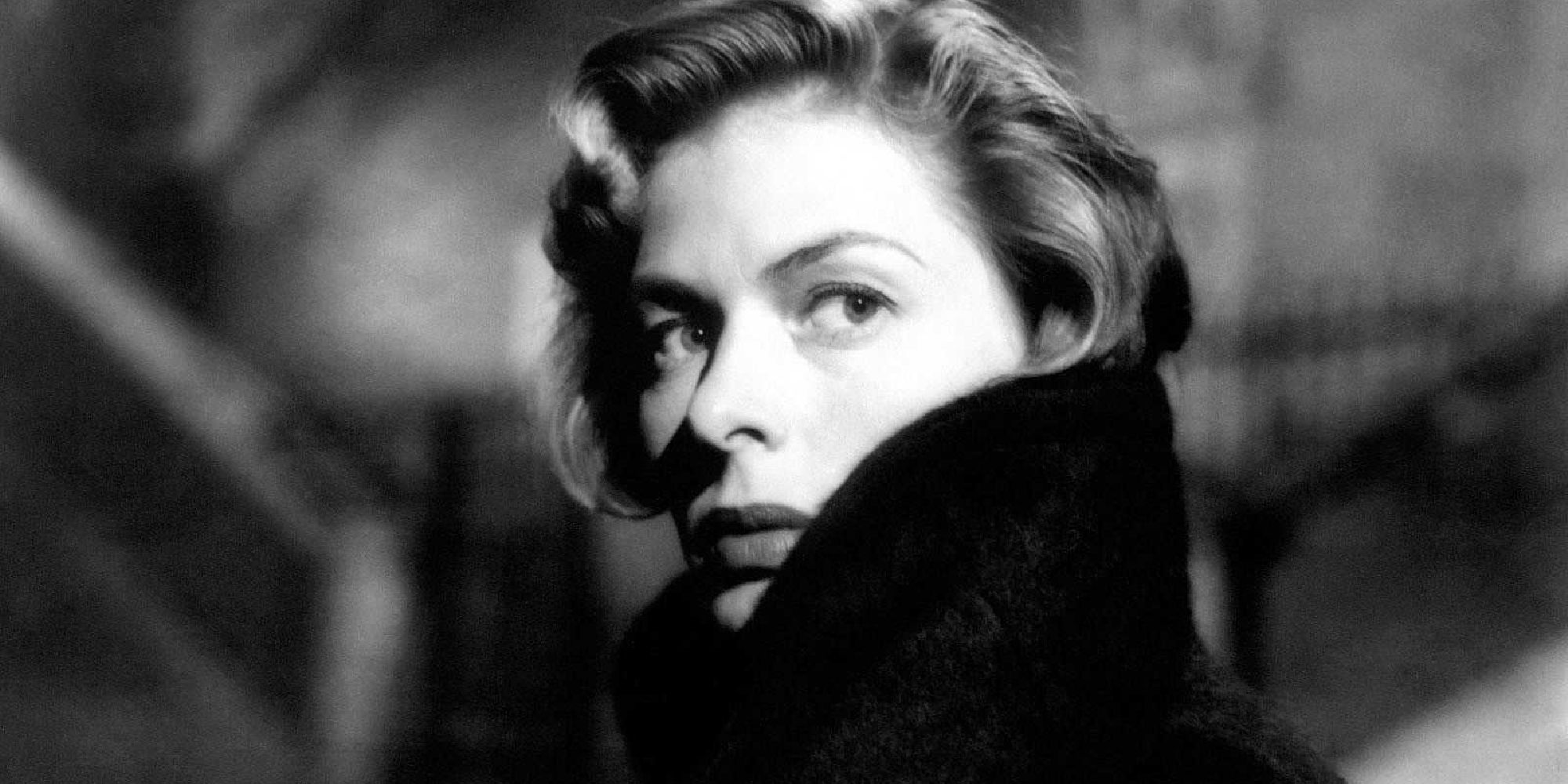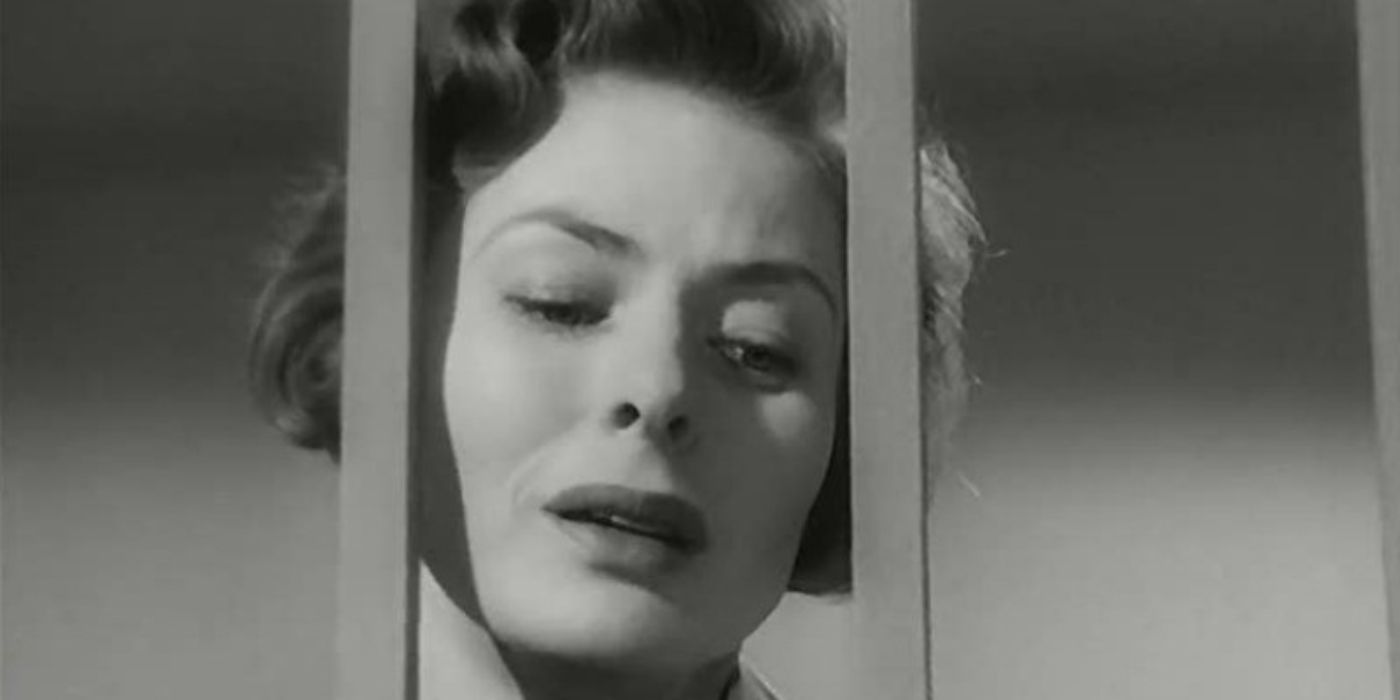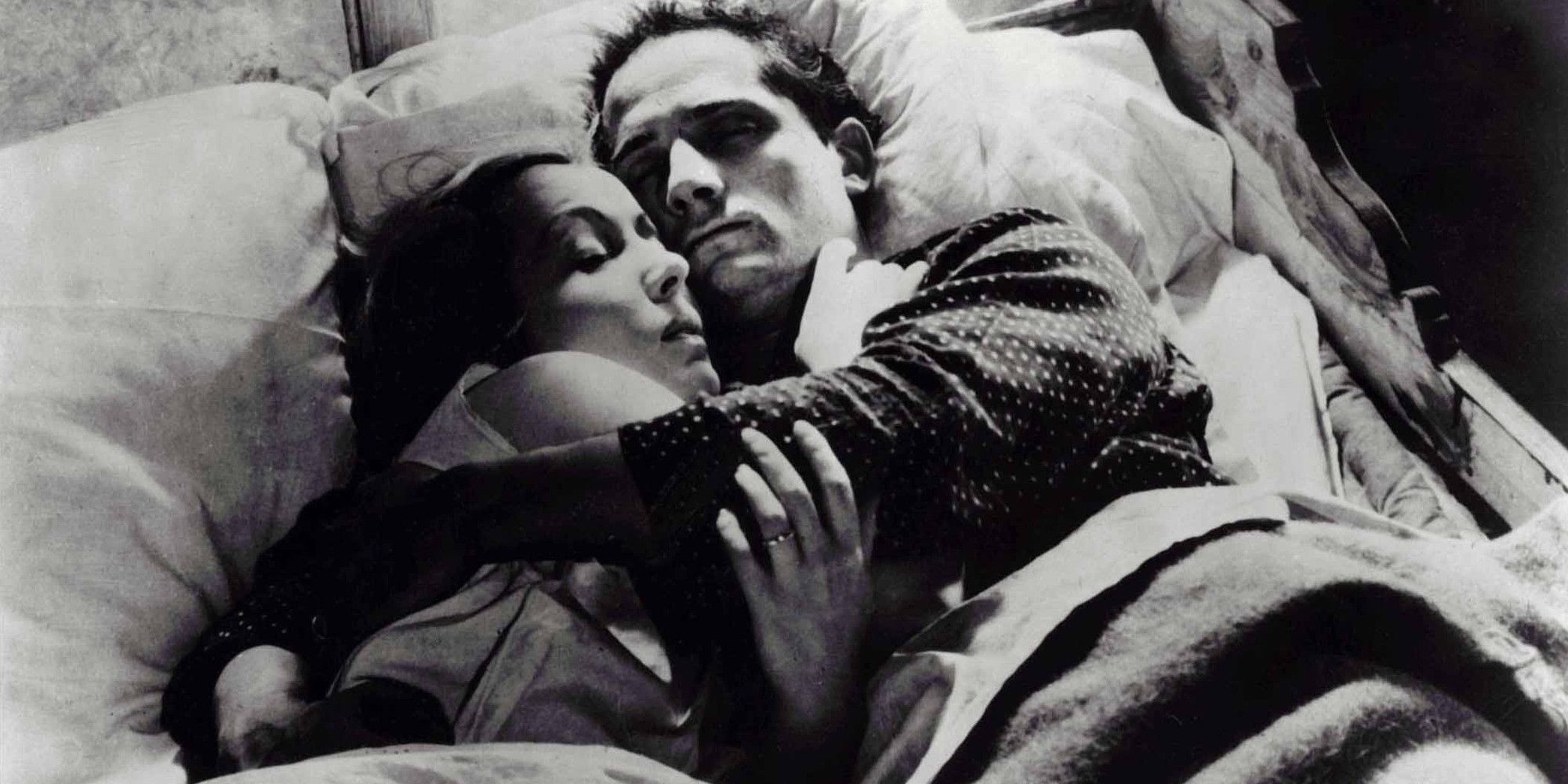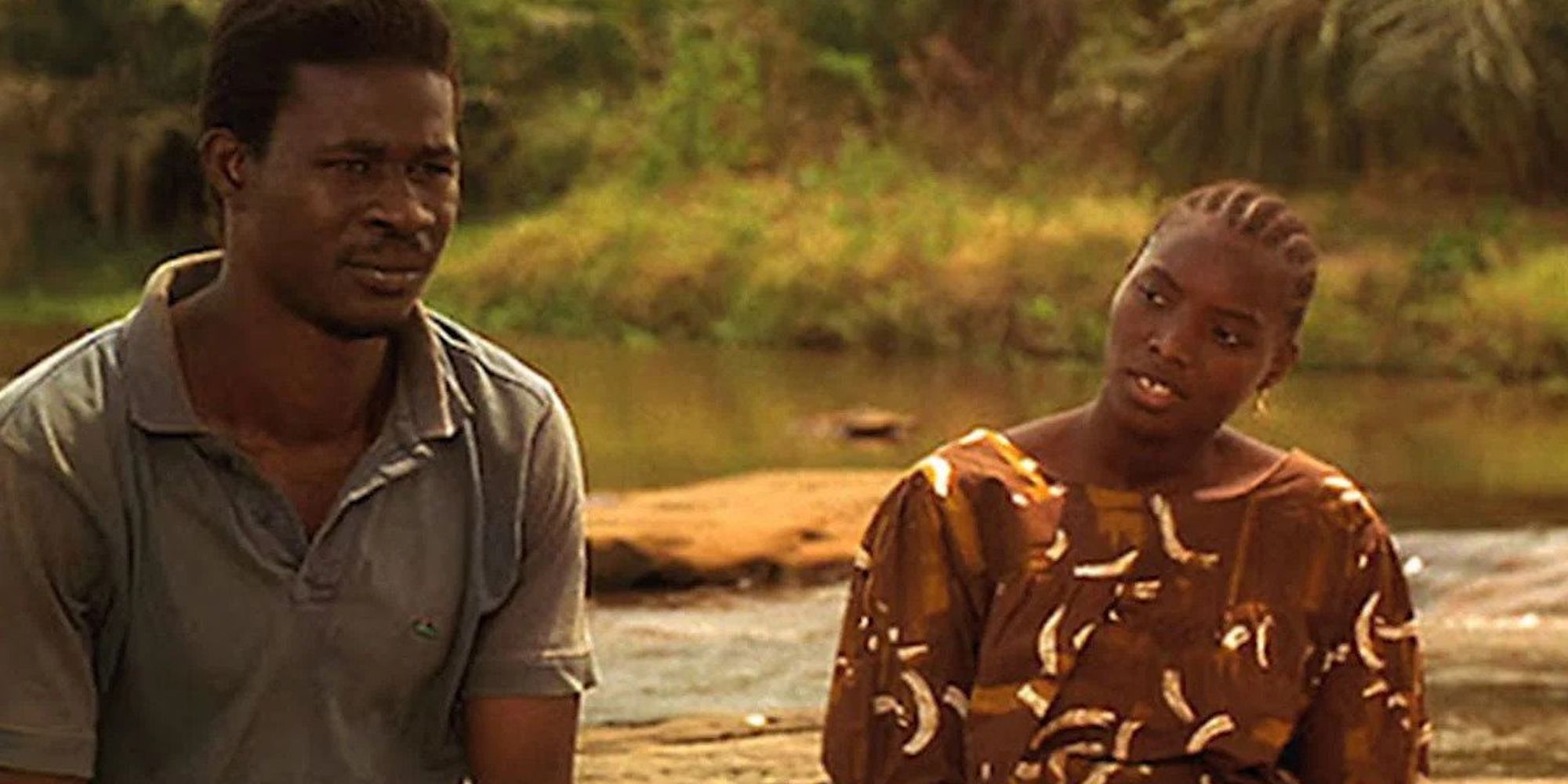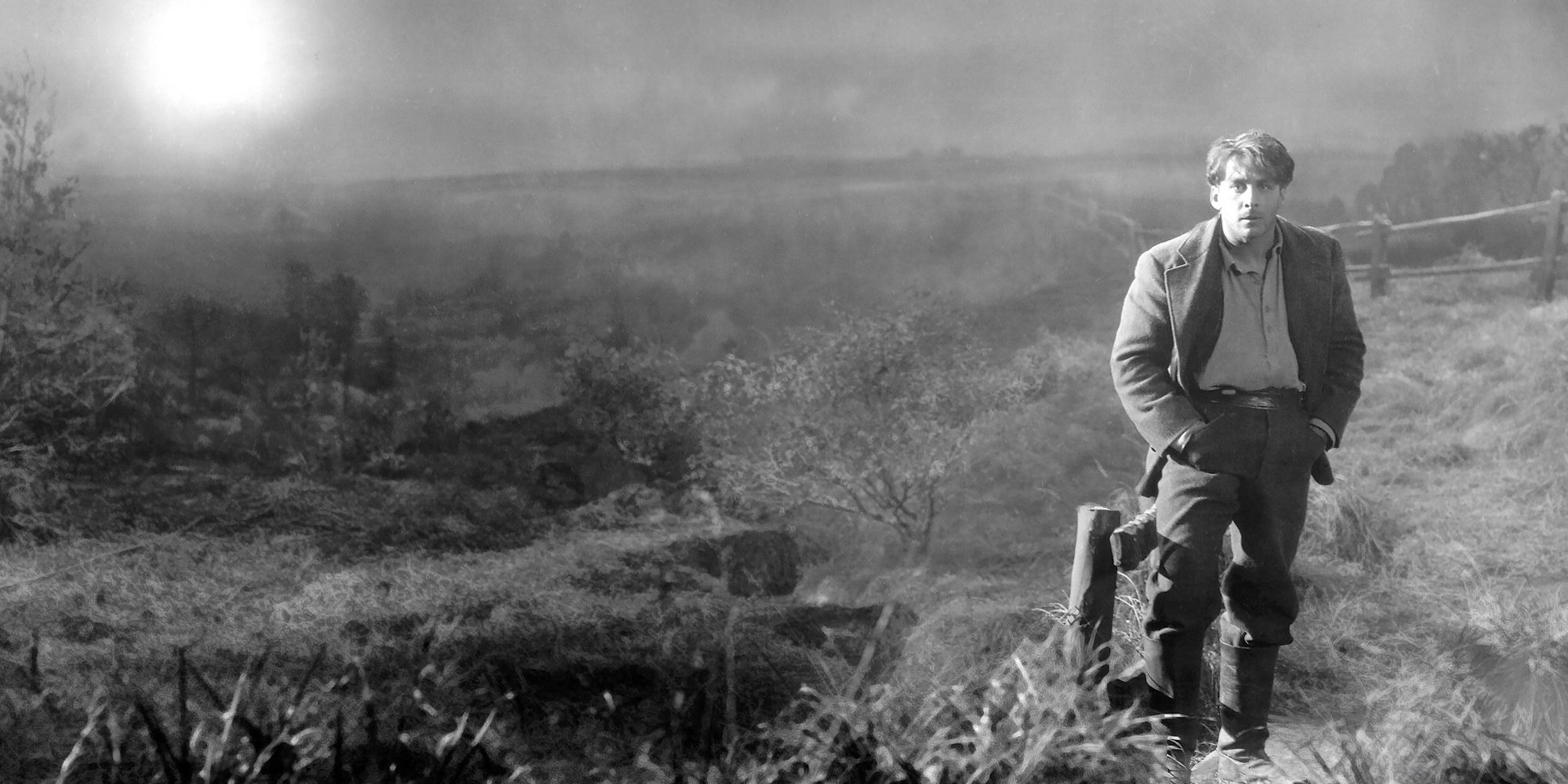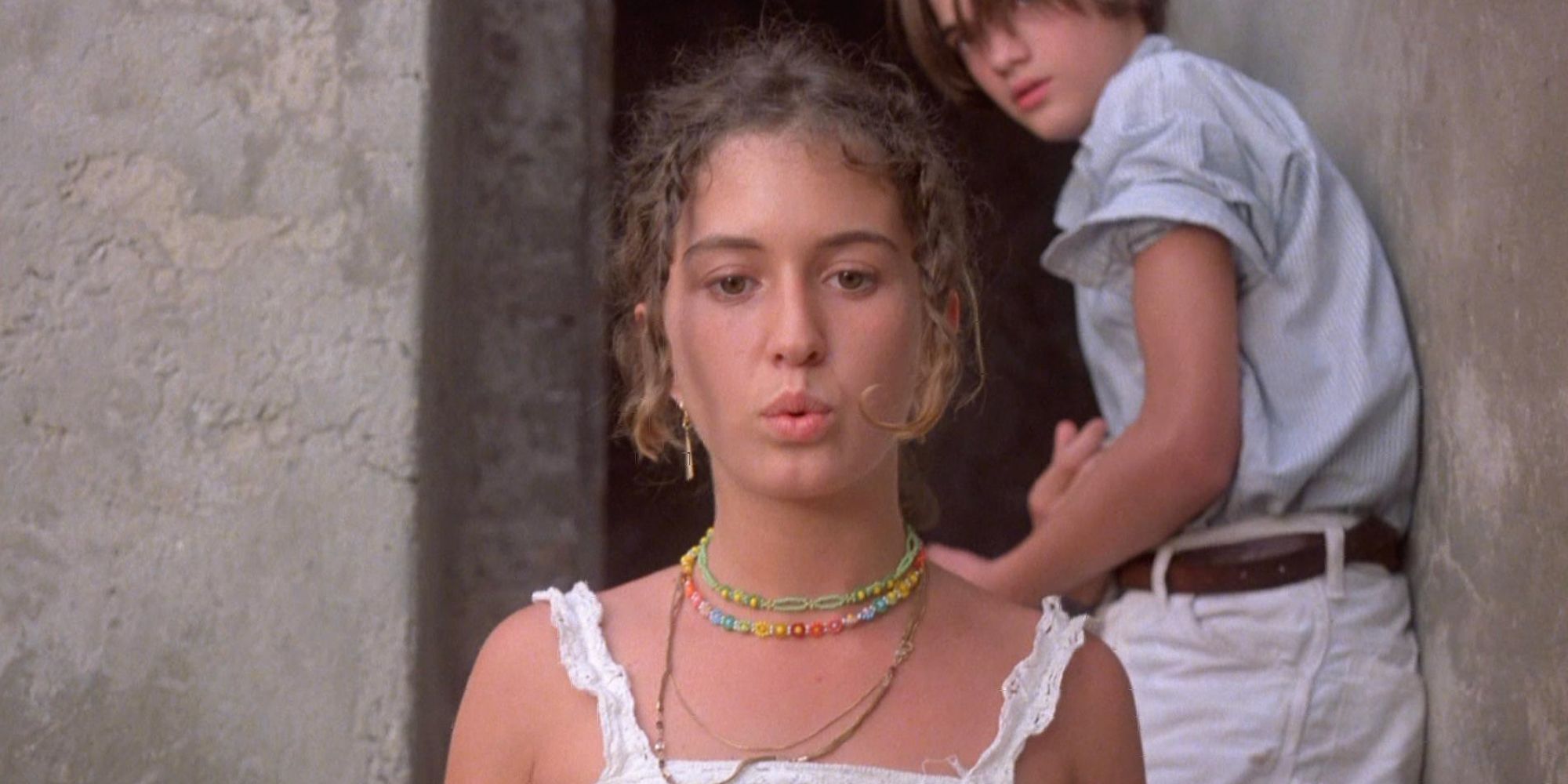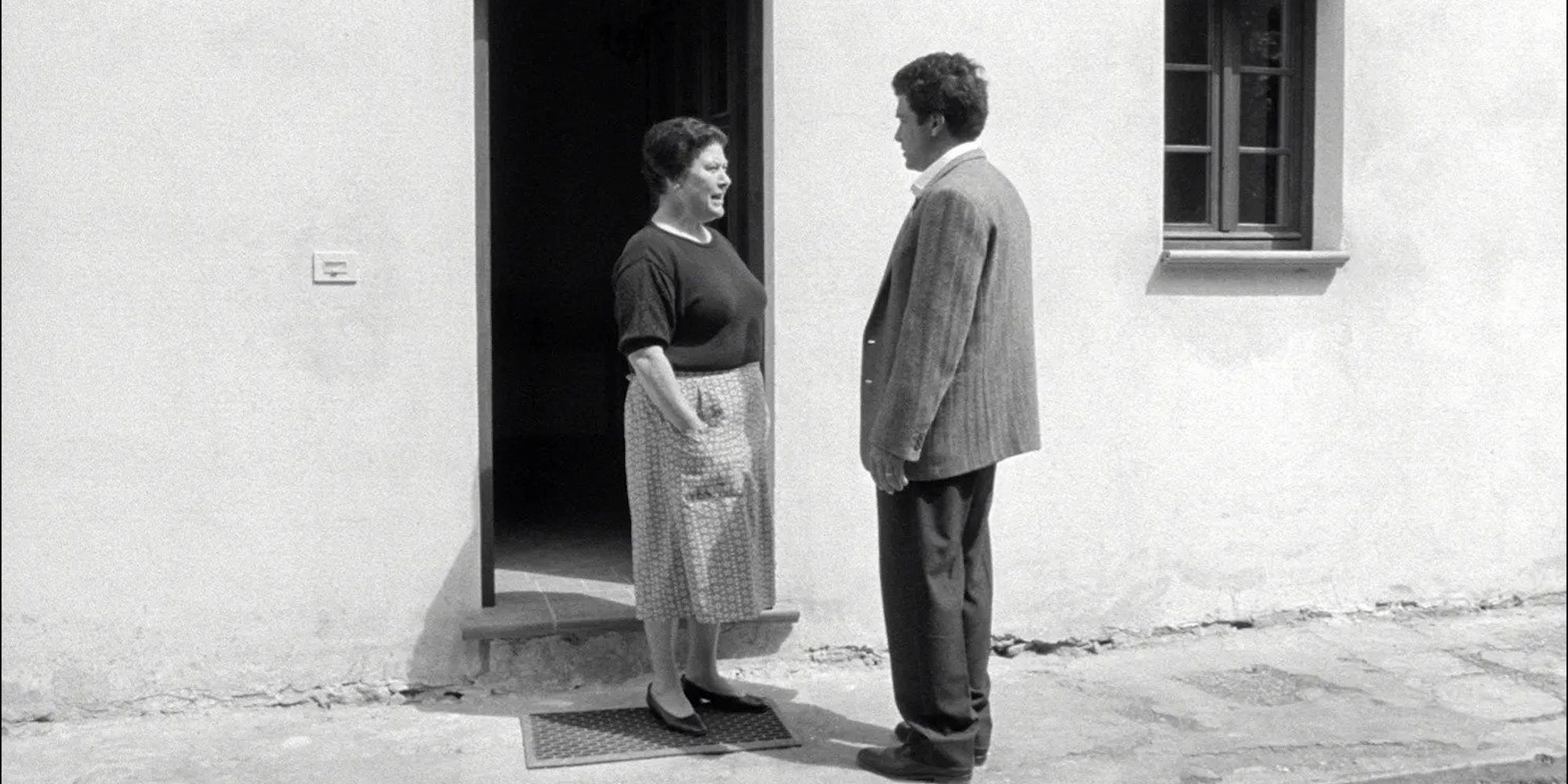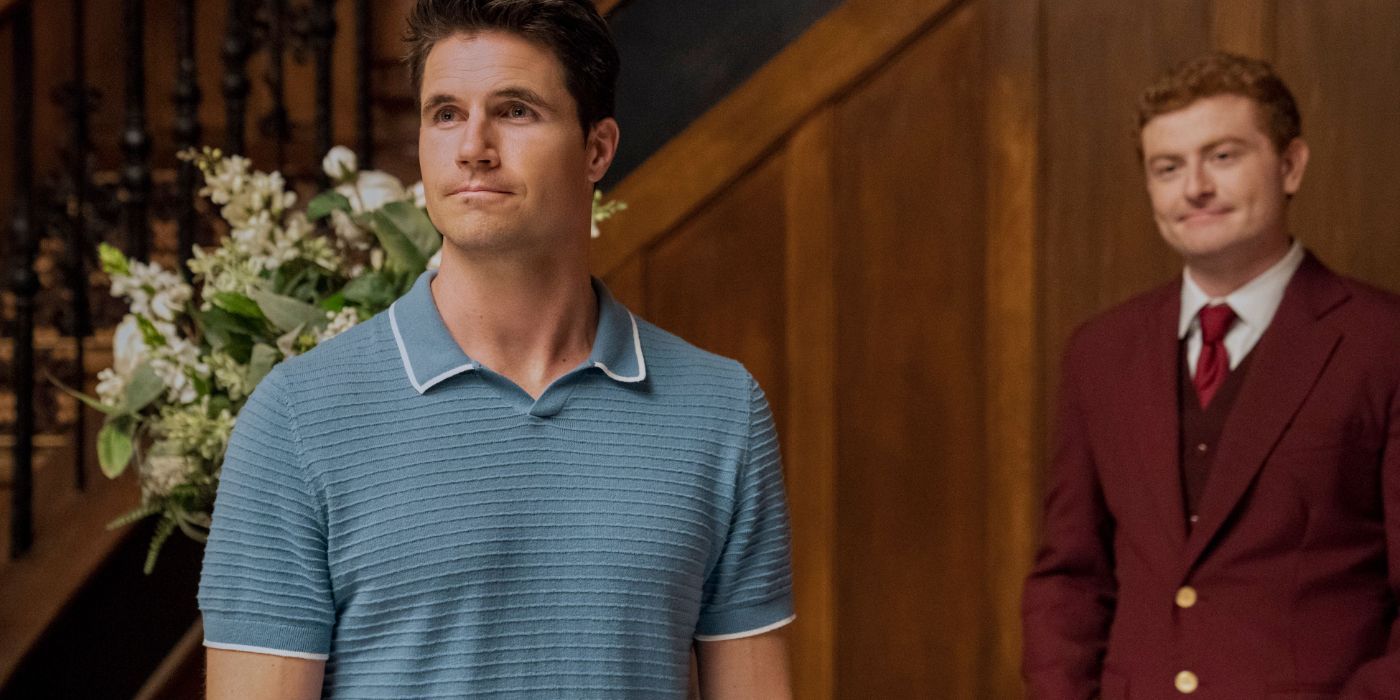Luca Guadagnino is the talented, Oscar-nominated Italian filmmaker behind Call Me By Your Name and the 2018 remake of Suspiria. He’s known for his distinctive style, exquisite cinematography, and character-driven narratives. Like most great directors, Guadagnino is also an avid cinema watcher who praised dozens of films over the years, including ones that he says inspired his approach to directing.
“I’ve always been very enthusiastic about cinema, someone who really lives in it,” Guadagnino has said. “I always thought about and tried to understand all the threads that make film — cinema history, the relationship to the viewer, etc.” These are some of Guadagnino’s most intriguing recommendations, which should appeal to fans of his thoughtful and thought-provoking work.
10 ‘Germany, Year Zero’ (1948)
Director: Roberto Rossellini
Germany, Year Zero is the final entry in Roberto Rossellini‘s unofficial war trilogy examining the consequences of World War II, following Rome, Open City and Paisà. Unlike those two, which take place in Italy, Germany, Year Zero unfolds in a devastated Berlin during the Allied occupation. Audiences see this ruined landscape from the point of view of Edmund (Edmund Moeschke), a twelve-year-old boy trying to look after his struggling family.
While wandering the shattered streets in search of food and supplies, Edmund becomes entangled in some teenagers’ black market scams and crosses paths with a sinister former teacher. Germany, Year Zero makes for a bleak but powerful snapshot of a society pushed to the brink. On release, critics were not as positive toward Germany, Year Zero as they had been toward Rossellini’s earlier projects, but it has since come to be regarded as a classic. Guadagnino ranked Germany, Year Zero among the ten greatest films of all time and screened it for the cast of Bones and All during filming.
Watch on Max
9 ‘Europe ’51’ (1952)
Director: Roberto Rossellini
Another Rossellini gem about post-war Europe, Europe ’51 revolves around the wealthy, indifferent Irene Girard (Ingrid Bergman), whose life is upended when her young son (Sandro Franchina) commits suicide. Wracked by guilt and feeling keenly aware of the emptiness in her life, Irene attempts to find meaning by caring for the city’s needy. She becomes devoted to this new cause, leading to conflict with her husband (Alexander Knox) and even the law.
Europe ’51 is a key work in Italian neorealism and one of Rossellini’s most political projects, which Guadagnino also ranked among his all-time top ten. Guadagnino is a huge fan of Rossellini, praising the filmmaker for being able to tell stories without making his views the focus of the film. “[Rosselllini] was the one who led the way to really remove yourself from the center, trying to be more on the edge in order to shine more profound light,” Guadagnino explains.
Watch on Max
8 ‘The Sheltering Sky’ (1990)
Director: Bernardo Bertolucci
“A tourist is someone who thinks of going home the moment they arrive. A traveler might not come back at all.” The Sheltering Sky is a drama by Bernardo Bertolucci, director of Last Tango in Paris and The Dreamers. John Malkovich and Debra Winger star as Port and Kit Moresby, an American couple traveling across North Africa shortly after World War II. Seeking to rekindle their failing marriage and escape modern life, they venture deep into the Sahara Desert.
However, their quest for self-discovery takes a dark turn as they encounter the harsh realities of the desolate landscape and the people that inhabit it. None of the characters are particularly likable, but solid performances and thoughtful writing keep the viewer engaged. Another of Guagagnino’s favorites, The Sheltering Sky is an incisive take on an infamously challenging novel, and while the result is uneven and polarizing, it remains a complex and fascinating effort.
Rent on Amazon
7 ‘L’Atalante’ (1934)
Director: Jean Vigo
L’Atalante tells a deceptively simple story: newlyweds Jean (Jean Dasté) and Juliette (Dita Parlo) begin their married life aboard Jean’s boat, along with Jean’s crew and the boat’s herd of resident cats. They travel to Paris, where they visit stores and dance halls, but Jean’s jealousy and Juliette’s desire to see the nightlife threaten to spark conflict.
Breezing by at just 85 minutes long in its restored version, L’Atalante is jam-packed with poetic imagery and immersive performances. The film, the sole feature-length work by director Jean Vigo, became hugely influential, leaving a deep impression on many of the French New Wave filmmakers who were to follow. It also made Guadagnino’s list of the ten best movies ever.
Rent on Amazon
6 ‘In the Realm of the Senses’ (1976)
Director: Nagisa Ōshima
This provocative erotic drama by Japanese Nagisa Ōshima tells the story of the passionate but destructive affair between hotel maid Sada (Eiko Matsuda) and the hotel’s owner, Ishida (Tatsuya Fuji). Ishida leaves his wife to be with Sada, and their romance becomes increasingly intense and even frightening, with the two indulging in sexual experimentation. Things take a turn when Sada realizes she takes pleasure in strangling Ishida.
The movie is set in Tokyo in 1936 against the backdrop of the increasingly militant and authoritarian imperial government. Personal as well as political, In the Realm of the Senses pulls no punches, serving up explicit and striking visuals alongside a visceral, even brutal narrative. It was highly controversial on release, including being censored in Japan, but there’s no denying its power. It’s a thunderbolt of a film, which also made Gudagnino’s top ten.
Watch on Criterion
5 ‘Samba Traoré’ (1992)
Director: Idrissa Ouedraogo
A lesser-known film that made Guadgnino’s top ten, Samba Traoré is a drama in the Mossi language directed by Idrissa Ouedraogo, a filmmaker from Burkina Faso. Samba (Bakary Sangare) holds up a gas station, accidentally killing one of the employees and fleeing with a suitcase full of cash. He returns to his home village, where he marries a local woman and waits anxiously to see whether his actions will catch up with him.
Samba Traoré is a moral thriller, serving as both a character study of Samba and a portrait of his rural village community. Ouedraogo serves up simple, empathetic storytelling and gorgeous landscape cinematography. Unfortunately, the film isn’t very famous globally, but its devotees rank it among the very best in African cinema.
Watch on Kanopy
4 ‘Sunrise: A Song of Two Humans’ (1927)
Director: F. W. Murnau
Sunrise: A Song of Two Humans is a silent film directed by the visionary German filmmaker F.W. Murnau, perhaps most well-known for the vampire tale Nosferatu. This one’s a romantic drama about a married farmer (George O’Brien) who becomes infatuated with a city woman (Margaret Livingston) during a visit to the bustling metropolis. The woman persuades him to plot the murder of his wife (Janet Gaynor) and elope with her, which sets in motion a series of dramatic reversals.
Striking and bold, Sunrise is frequently cited as one of the greatest silent movies of all time, with particular praise for its evocative visuals, including the innovative camera and lighting techniques. It boasts gorgeous sets, elaborate tracking shots, and clever use of forced perspective. Another favorite of Guadagnino’s, Sunrise received an Academy Award for Unique and Artistic Picture, while Gaynor won the first-ever Best Actress Oscar.
Watch on Tubi
3 ‘Luna’ (1979)
Director: Bernardo Bertolucci
Luna is another drama by Bertolucci, centering on Joe (Matthew Barry), the teenage son of the famous opera singer Caterina Silveri (Jill Clayburgh). After the sudden death of the man he believes to be his father, Joe starts spending time with delinquents and becomes addicted to heroin. Caterina attempts to get through to him, but their shared grief takes their relationship in a twisted and shocking direction.
The film was controversial on release, although the acting was generally praised. “The way in which Bertolucci is always interested in the taboo, in the Freudian sense of the word, has constantly been a source of strong inspiration and revelation,” Guadagnino said. “[Luna] really deserves to be seen for its great sense of mental drama in that kind of relationship. And Jill Clayburgh’s performance is just amazing.” Luna’s plot might be too much for some, but ardent cinephiles should give it a chance if only to witness Clayburgh’s bravura performance.
Buy on eBay
2 ‘Sicilia!’ (1999)
Directors: Danièle Huillet, Jean-Marie Straub
This black-and-white drama tells the story of a man (Gianni Buscarino) who returns to Sicily after living in New York City for years. He engages in conversation with various characters, attempting to understand the city’s current way of life. The dialogue is by turns poignant and hilarious, and the film makes for a tender meditation on culture and what it means to belong to a place.
“[Directors Jean-Marie Straub and Danièlle Huillet] had a very strong, direct influence in my upbringing and my work,” Guadagnino has said. “Sicilia is a great portrait of my homeland because I was born in Sicily, and I came back to Sicily after Ethiopia. And it’s really the idea of experiencing two great auteurs’ vision of such a complex place like Sicily.” Going for a bit over 60 minutes and featuring nonprofessional actors, Sicilia! is a talky yet riveting portrayal of real life, a modern triumph of the famed Italian neo-realism.
Watch on Metrograph
1 ‘Black Sabbath’ (1963)
Director: Mario Bava
Black Sabbath is an Italian horror anthology movie directed by the legendary Mario Bava. It’s divided into three segments, each introduced by horror icon Boris Karloff. The first story, “The Telephone,” revolves around a young woman (Michèle Mercier) terrorized by menacing phone calls. The second segment, “The Wurdalak,” transports viewers to the eerie Serbian countryside, where a family is preyed upon by a vampire-like creature. In the final tale, “The Drop of Water,” a nurse (Jacqueline Pierreux) steals a valuable ring from a deceased medium, unleashing supernatural mayhem.
“[Bava’s] capacity for inventiveness and his really wonderful sense of cinema are still a great lesson for anyone who wants to approach cinema for the values of the language of cinema itself. Black Sabbath is a collection of short stories that is going to thrill whoever approaches it,” Guadagnino said. In many ways, Black Sabbath is a precursor of modern horror, a collection of nightmares that are as chilling as they are suspenseful and instantly unforgettable. Interesting bit of trivia: Black Sabbath’s anthology structure also inspired the interlocking stories in Pulp Fiction.
Watch on Tubi

